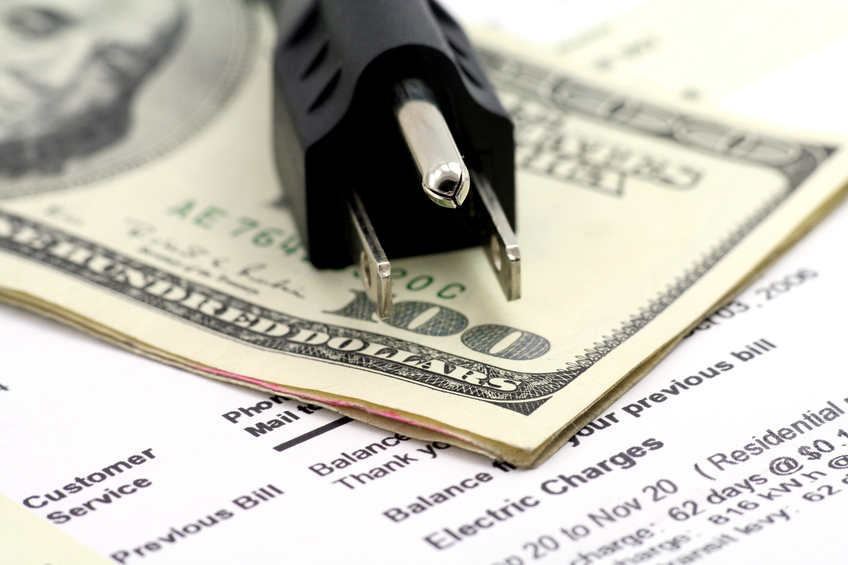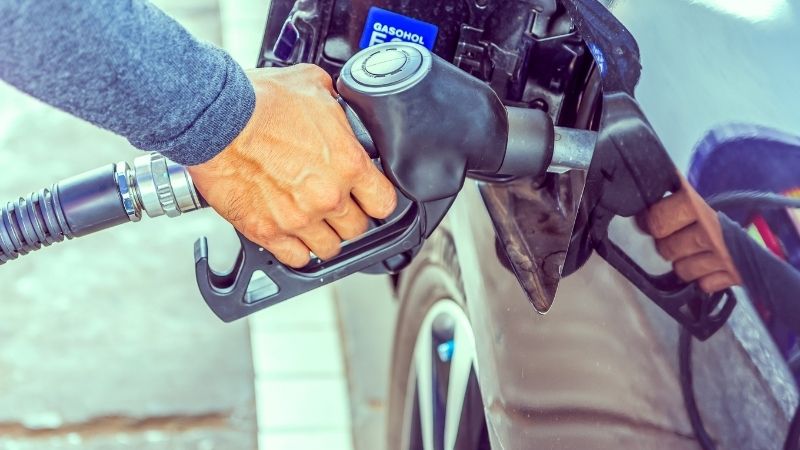
How to Improve Fuel Efficiency for a Car: It’s Not as Difficult as You Think
Fuel prices have been going up substantially for many years now, with no indication of slowing down. While we cannot control the fuel cost, we can constantly improve our vehicles to increase fuel efficiency.
You might be curious, is it possible to improve fuel efficiency? The answer is surprisingly simple – you need to start driving more efficiently and implement a few changes to your driving habits!
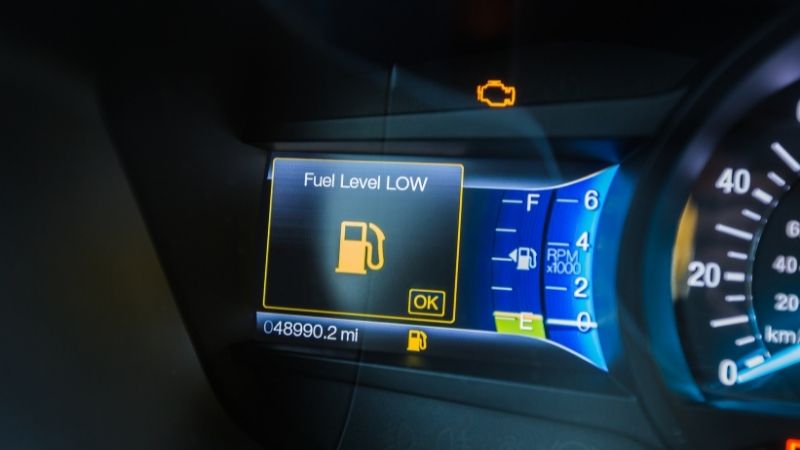
Although some people may have a hard time dropping that extra mile or two each day, it is worth it for the many benefits you will reap in return. This article will discuss the best ways to get your car to be more fuel-efficient.
1. Remove extra weight
This is an easy one – it is all about physics! Extra weight around the car can cause an increase in fuel consumption. The greater the excess weight, the more fuel you will be wasting.
Paying attention to how much weight your car is carrying can help you avoid this issue and make savings on your fuel bills. A good rule of thumb is to remove anything you do not need for your journey and leave room in the boot.
2. Driving Style
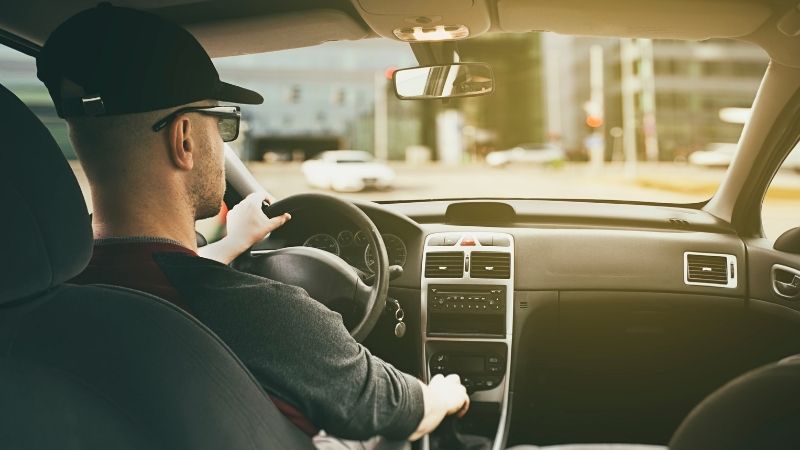
Aggressive driving forces the engine to work harder, which in turn increases fuel consumption. Furthermore, aggressive driving requires you to accelerate and brake more sharply, which also wastes fuel.
To understand why this is true, let us quickly look into how your car runs. The more revs the engine goes through, the more power the engine generates. The faster it can accelerate and reach higher speeds, and the more energy the car can move from point A to point B. However, these higher speeds require your vehicle to use more fuel to accelerate and overcome the force of gravity.
3. Tire pressure
By keeping your tires filled to the correct pressure, you may increase your gas mileage by 0.6 % on average and up to 3% in some cases.
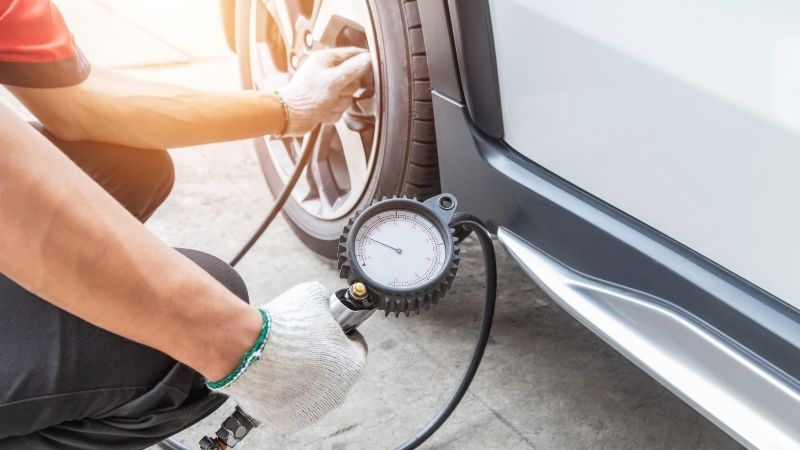
Properly inflated tires last for long and are safer. When you check your tire pressure, use a reliable source of air or a digital tire gauge. Do not inflate tires to the maximum number shown on the side of the tire.
The psi (pounds per square inch) on this label is not the maximum; it’s the optimal air pressure for your vehicle’s tires. It varies by make and model. You should consult your owner’s manual or manufacturer to learn what those numbers mean for your particular set of wheels before inflating them to their max psi rating.
4. Use the Recommended Motor Oil
Using the manufacturer’s specified grade of motor oil can boost your gas mileage by 1% to 2%. It is small but a significant increase that can save you at the pump.
Using the correct grade of oil gives you peace of mind that your engine has good protection, and your car will run more efficiently and have a longer life expectancy.
For best results, use the motor oil with the correct viscosity rating for your car engine. The grade should match your vehicle manufacturer’s specifications.
5. Avoid Excessive Idling
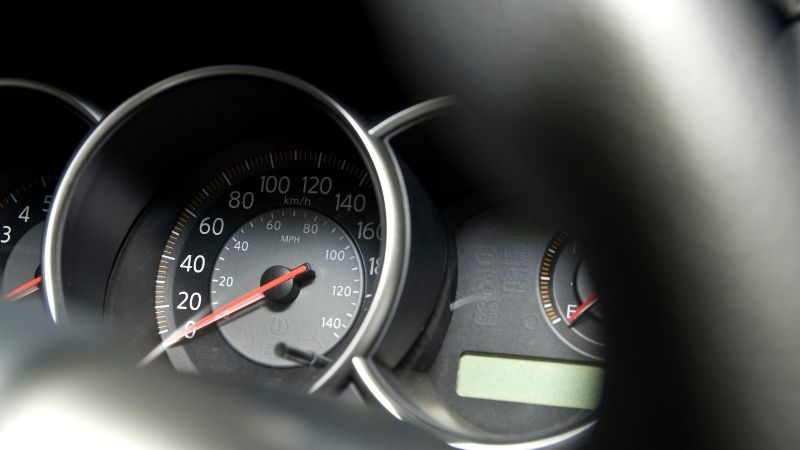
In the United States, 3.8 million gallons of fuel go to waste daily because of idling. In addition, idling wastes fuel and increases emissions while wearing down the engine.
Even if you are sitting in traffic, your engine is still running and using fuel! Idling uses up a lot of gas, which impacts both the environment and your wallet.
Minimize your idling time. If you are going to stop for more than 30 seconds, switch off the engine. One easy way to keep your fuel use down is to plan your trips, not to visit multiple destinations.
If you must make several stops, consider combining errands into one trip. Make a list before leaving so you will not waste time deciding what comes next. For example, visit a combined business such as a grocery store or bank rather than stopping at several separate establishments.
6. Use Cruise Control
Does Cruise Control save fuel? Yes. Even the most observant driver will inevitably slow down and then accelerate again if they do not use cruise control, thus consuming more gas.
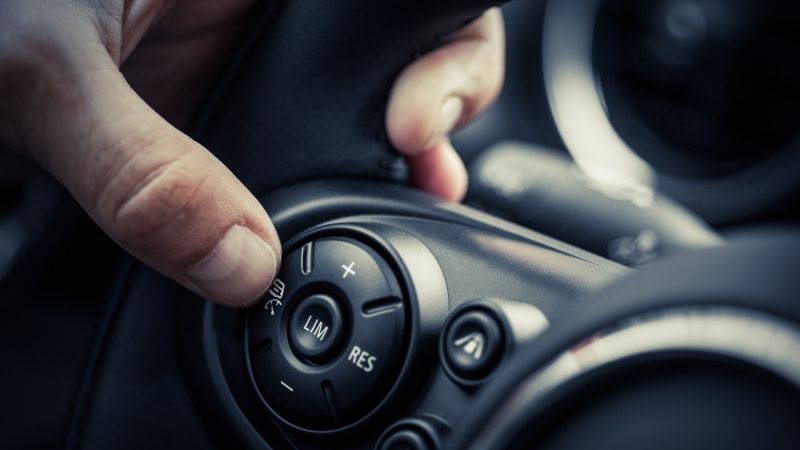
Since cruise control holds your desired speed steady, you will experience less fluctuation between gas usage and engine “rest” time. Therefore, a steady engine is a more efficient one.
The more your vehicle changes speed, the more your gas mileage will suffer. So keep your foot off the accelerator and use the cruise control to maintain a steady speed.
Key Takeaway
These tips are easy to implement, and you do not need to be a mechanic to appreciate how they can help you save time and money while being environmentally friendly.
Improving fuel efficiency benefits the environment, saves you money on your fuel bills. By making a few changes, a little can go a long way.
